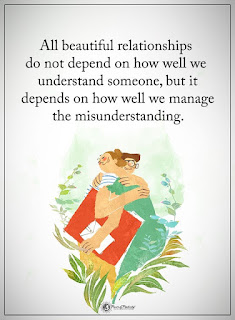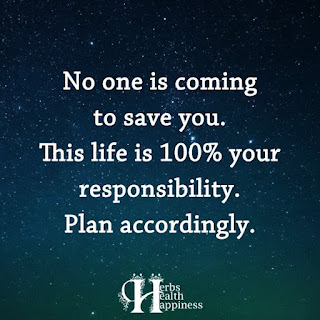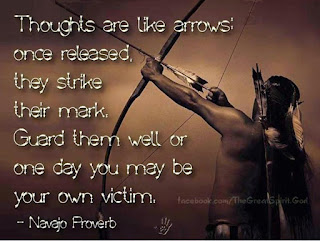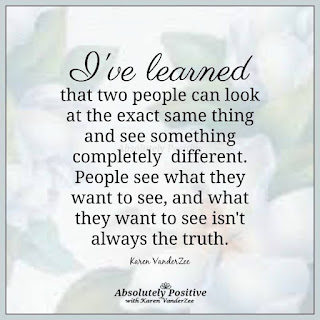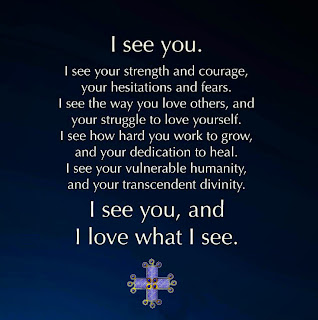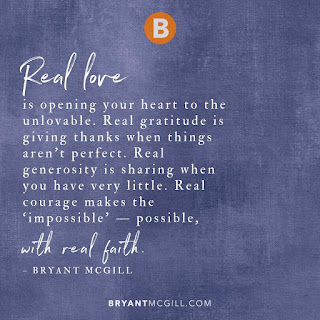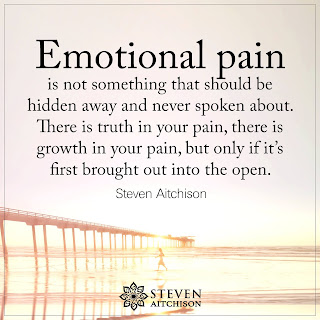Recovery Helps Us to Be Responsible for Hurting Others

Codependents primarily hurt others through the codependent’s insatiable need to control other people’s lives. A codependent thinks that someone else, aside from themselves, should be responsible for the codependent’s happiness. The primary means of control for a codependent is manipulation of the other person. Manipulation can take on many faces, like people-pleasing, caretaking, shaming, withdrawal of affection, or using guilt. Sometimes codependents control others by using phrases like “I’m only doing this for your own good,” which actually means “I’m only doing this for MY own good.” Or “If you really loved me, you’d do this or that for me,” which actually translates into “If I really loved myself, I’d do this or that for myself, instead of trying to manipulate you into being responsible for MY happiness.” The codependent person is an emotionally hurting person. And it’s really true that hurting people hurt other people; often times without realizing that they are doing so....
